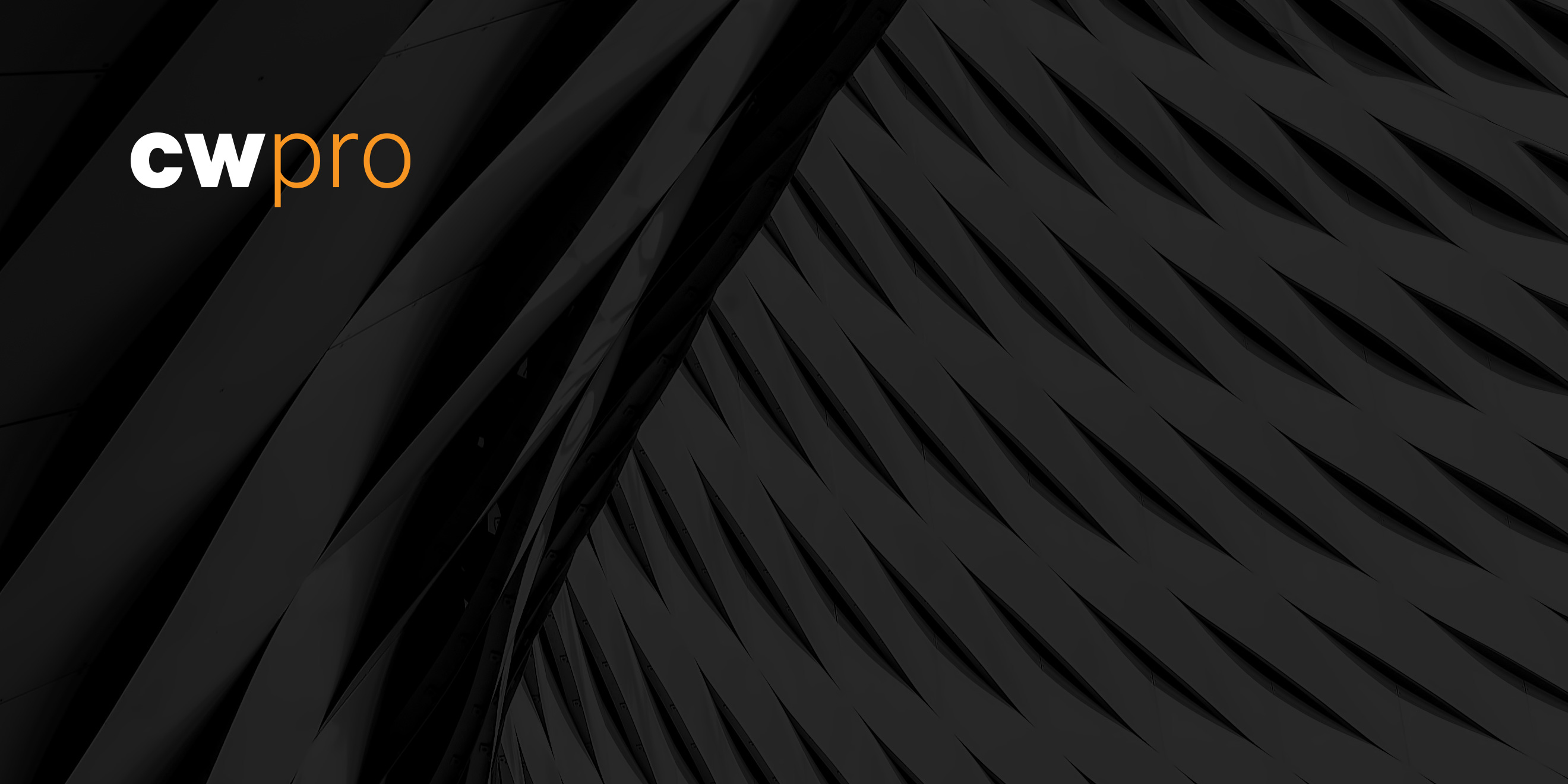At a glance.
- Huawei's state of play in 5G.
- Updates on TikTok, WeChat bans.
- EU would address third-party risk to financial sector.
- Belgium seeks regulatory authority over Facebook.
- US Comptroller of the Currency pursues regulatory clarity for cryptocurrencies.
Around the world in Huawei plays.
The Philippines’ Manila Times sounds an alarm over cellular towers’ potential to facilitate spying, with one ex-politician advising against installing towers in military bases. “They said they will not use our telecommunications technology for intelligence purposes. [But] the fact that China said ‘we will not use’ means that they can,” he remarked. Seven-thousand miles away in the UK, the Huawei Cyber Security Evaluation Centre (HCSEC) analysts uncovered a “nationally significant” vulnerability in network-integrated Huawei tech, Sky News reports. UK security experts think the vulnerability was a bug, not a feature, but the issue was serious enough to conceal from the manufacturer for a year. A Wall Street Journal editorial says Berlin is finally making moves to weed out the telecommunications giant from the country’s 5G infrastructure,
As international suspicion spreads, some US firms worry about economic blowback, since Huawei is a customer as well as a supplier. Forbes warns that US sanctions on Huawei could doom US microchip manufacturers. Applied Materials, Lam Research, KLA Corp, and Micron stocks are down an average of fifteen percent since August. Columnist Jon Markman calls this “a nightmare outcome for American semiconductor firms,” as growing divisions drive a “bifurcated internet” and “two distinct silos of hardware supply chains.”
Not Huawei, but TikTok and WeChat.
Chinese delegates to a World Trade Organization (WTO) meeting said that the proposed US measures against WeChat and TikTok constituted violations of WTO rules. Reuters reports that the Chinese position was that the US bans (currently under injunctions in the US) “are clearly inconsistent with WTO rules, restrict cross-border trading services and violate the basic principles and objectives of the multilateral trading system.” The US delegation defended the measures on national security grounds.
Proposed EU legislation would address third-party risk.
The Wall Street Journal reports that the European Union is considering a law that would require banks and other financial services companies to stop using the services of technology providers whose cybersecurity was found wanting. A cutoff would be triggered should a government inspection find deficiencies in a supplier's security. The proposed bill would also standardize cybersecurity requirements across Europe.
EU court considers Brussels’ authority over Facebook.
In a few days, the Court of Justice of the European Union (CJEU) will hear a case brought by the Belgian Data Protection Authority (DPA) against Facebook, Reuters reports. At stake is how much authority DPAs have over companies based in other EU countries. The General Data Protection Regulation’s (GDPR’s) “one-stop-shop mechanism” appoints a single “lead authority” for enforcement. Since Facebook’s European headquarters are in Dublin, Ireland provides the company’s lead authority. There is some precedent for action by other DPAs, however, and Brussels would like permission to block the social media behemoth from harvesting data on Belgians (including those who never signed up for Facebook) via plug-ins. Also at issue is whether the GDPR covers events dating back to 2015 despite the law taking effect in 2018. A ruling unfavorable to Facebook could open the door for additional EU authorities to come after the company, as well as other tech businesses with Irish headquarters—a list that includes Apple, Google, and Twitter.
US Comptroller of the Currency seeks to introduce clarity into alt-coin regulation.
The Office of the Comptroller of the Currency (OCC), hoping to ease financial institutions' leeriness of cryptocurrencies, has issued interpretive letters designed, the Wall Street Journal says, to provide some clarity with respect to regulation. The OCC hopes, according to the Journal, to avoid the mistake that's hobbled adoption of new technologies in the past: reliance on the most conservative possible interpretation of law and regulation.
